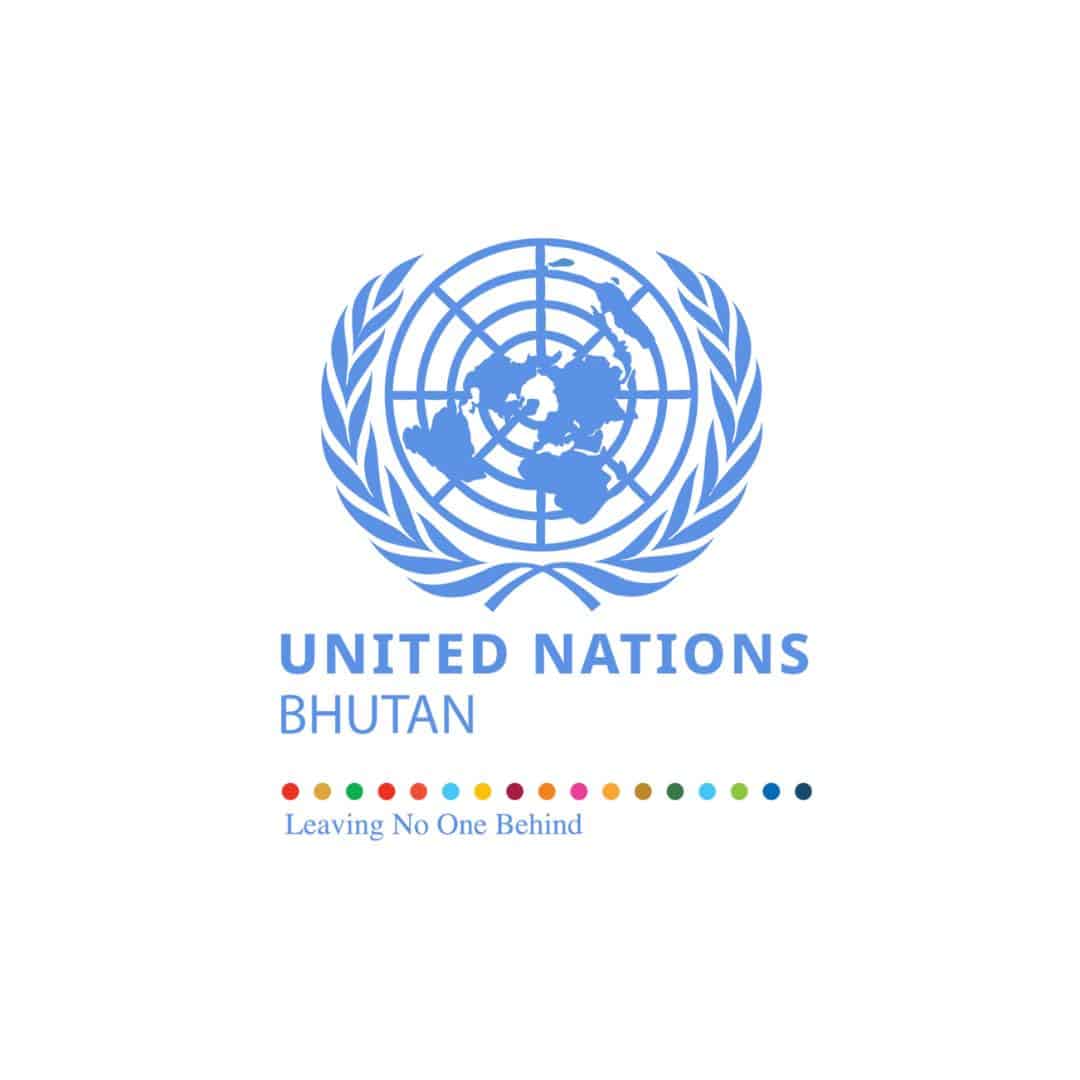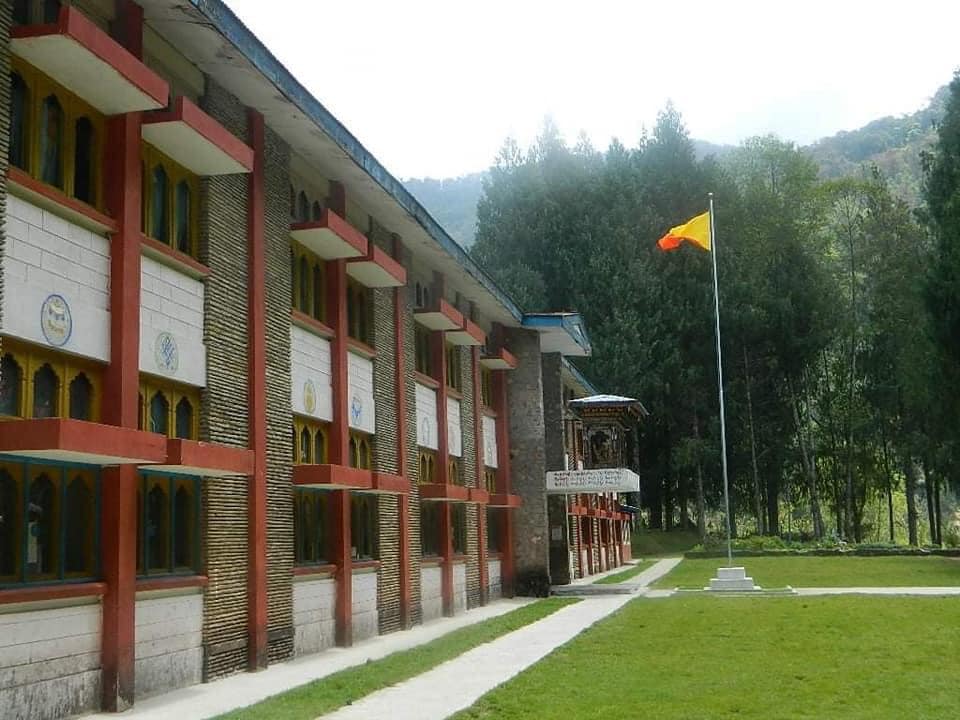As employees have been laid off and incomes affected by the COVID19 pandemic, the Bhutanese are seeing agriculture as one of the most viable alternative livelihood choices, according to the Rapid Socio-Economic Impact Assessment of COVID-19 on Bhutan’s tourism sector.
To add to the impetus, the Indo-Bhutan border gates are sealed; therefore arrival of essential goods in the country is also becoming a challenge though a strict protocol is in place to arrange for the goods.
Founder of Azha Passa, an online app, Kinley Wangchuk has already turned to growing varieties of vegetables in different places of Thimphu, Wangdue, Lobesa, and Thinleygang. They will also ensure the delivery of their products through their app Azha Passa and subscribers can get their items delivered within Thimphu.
His team is working with farmers whereby they will collect the vegetables in bulk and deliver as per the demands of customers. According to demands of clients, they will ask farmers to grow vegetables on contract basis.
He said it was already the season to grow vegetables by the time they started their business, so it made their work difficult. “Moreover, it is difficult to get season-based seedlings and as our farming is organic, it is difficult to get natural pesticides,” he said.
“As I was running a travel agent in Thimphu, I got the farming land with the help from the agriculture department. As of now he haa a total of 11 acres of land. The lands which are on lease are based on profit-sharing basis”.
The agriculture ministry launched the urban and peri-urban agriculture in Thimphu on May 6. The Department of Agriculture (DoA) started the agriculture program in Bebena, Thimphu with 6.58 acres of land and it was handed over to 10 groups including 60 beneficiaries. The total land is divided into 10 plots and each plot with more than 50 decimals is provided to each group with members ranging from five and above.
According to the department, the program is being initiated as part of the preparedness plan to ensure food security in the country during the COVID-19 pandemic.
It is aimed to produce and supply vegetables for urban markets and provide alternative employment and income generating venture to the layoffs. The recipients are mostly tourist guides and tour operators identified by the Tourism Council of Bhutan (TCB) as they are hard hit by COVID-19.
However, in other parts of Bhutan, every individual is welcomed to engage in farming if they are interested.
The Director of DoA, Kinley Tshering said they have helped the beneficiaries in terms of land development as land should be made cultivable. They also provide help with seedlings and other technical aspects. They are targeting private land as they have identified a good portion of fallow land and provided these to interested individuals.
She said that their main motive is to produce enough food items to contribute towards food and nutrition security of the country. “Some of them are engaged in growing cereals, while some are into vegetables and we want them to contribute to the food basket in order to be self-sufficient throughout the year,” she said. She said that people who are taking up urban, peri-urban and other farming in Dzongkhags are encouraged to continue the farming till three years. “We ask them to do this farming not as a livelihood option but take up as a business as this is a good opportunity whereby it would be a sustainable program,” she said.
However, she said that dependency on vegetables from India would not reduce completely as in winter Bhutanese farming is challenged by climatic conditions. Items like tomato, onion, and chilies would face shortage for few more years “but in summer we are self-reliant and we would be exporting little bit.”
“Seasons in our country and India are opposite-when it is season in India; it is off-season in our country and vice-versa.”
Since most of the areas on lease are virgin fallow land, those who take up agriculture do not have to pay any fees to the landowners for a year but after the second to third year, the groups will have to pay a certain amount as lease with half the amount in second year and full amount in third year. It will be a negotiated lease rate.
“Till now the beneficiaries are supported to take up the cultivation for the period of three years but if they want to continue, we encourage them to go on, till the land owner claims his/her land,” she said.
Agriculture and Forest Minister Yeshey Penjor said they help the individuals who come forward with interest to take up agriculture production with land development. He said that they have recognized the lands which are left fallow in different Dzongkhags. “The decision is made with the land owners and land is provided to individual parties who are interested to carry out their work,” said Lyonpo.
Lyonpo said that they do not encourage individuals to take up cultivation in the town areas of Thimphu and Paro.
“All efforts are being made by the department so that we enhance production to meet our requirement.”
pic courtesy: google
Tenzin Lhamo from Thimphu















